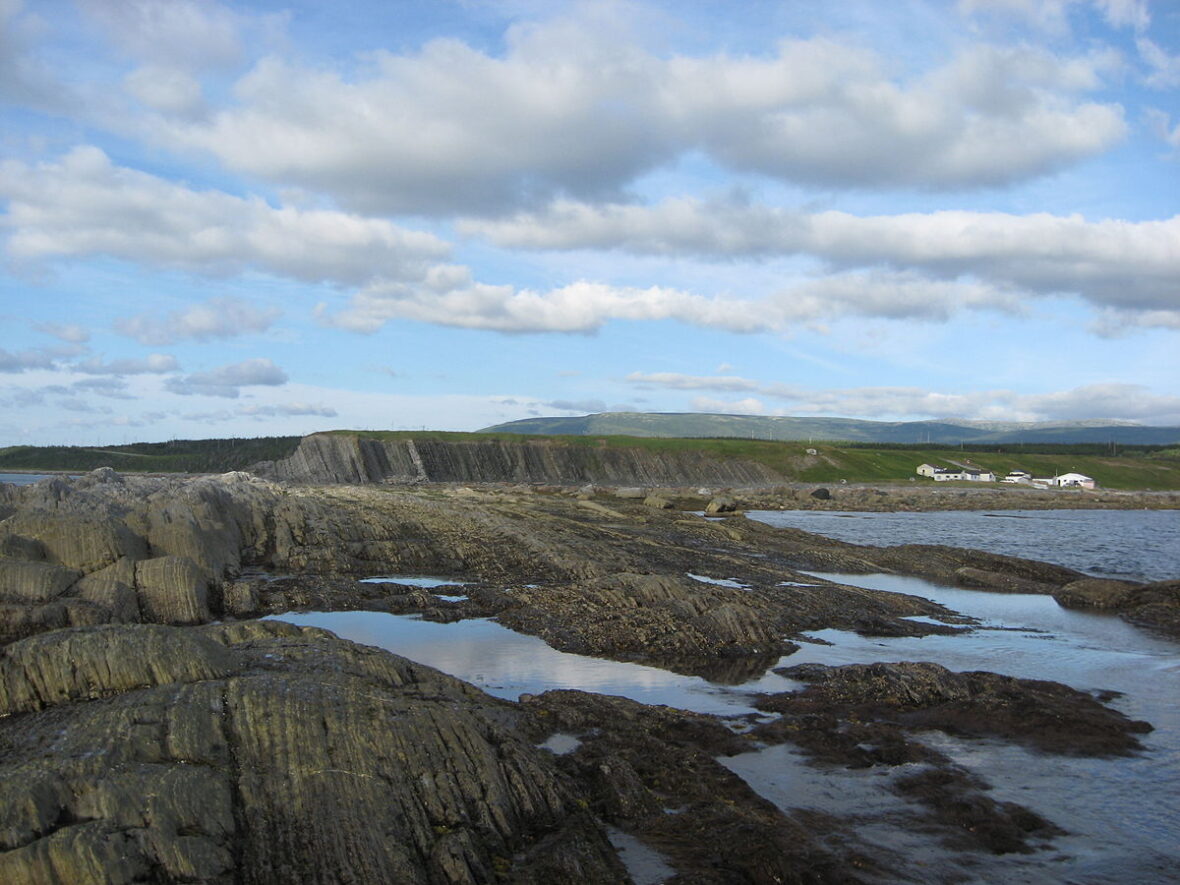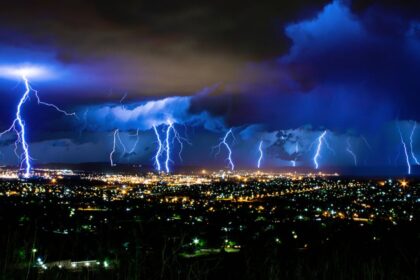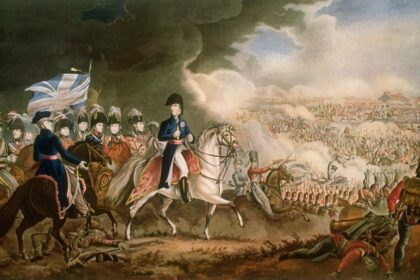Point May is the most southerly community on the Burin Peninsula in Newfoundland and Labrador with a population of about 230 people. Take a look below for 16 fun and amazing facts about Point May, Newfoundland and Labrador, Canada.
1. It is a Catholic community with a church, town hall, fire hall, two stores, softball and soccer field.
2. It is known for its close proximity to the French islands of St. Pierre and Miquelon, where the smuggling of liquor and tobacco has been a way of life since before Canada was a country.
3. Point May’s main economic staple is its fishing, as in many other small, outport Newfoundland towns.
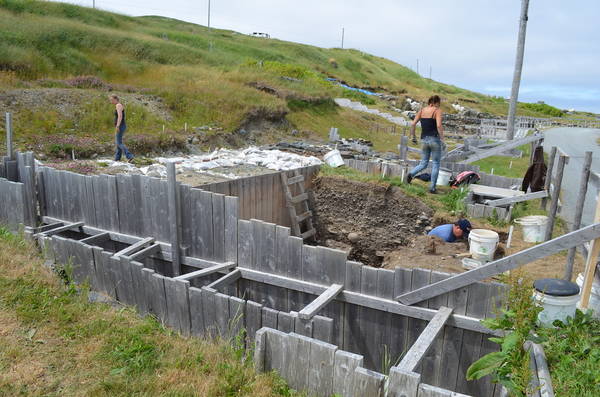
4. However, since the decline of fish stocks and government intervention the residents of Point May have suffered and many have moved away.
5. Point May has a rugged and diverse landscape.
6. Flat in comparison to most of Newfoundland and Labrador, Point May and its surrounding area is lined with marshes and peatland, perfect for bakeapple berries and partridge hunting.
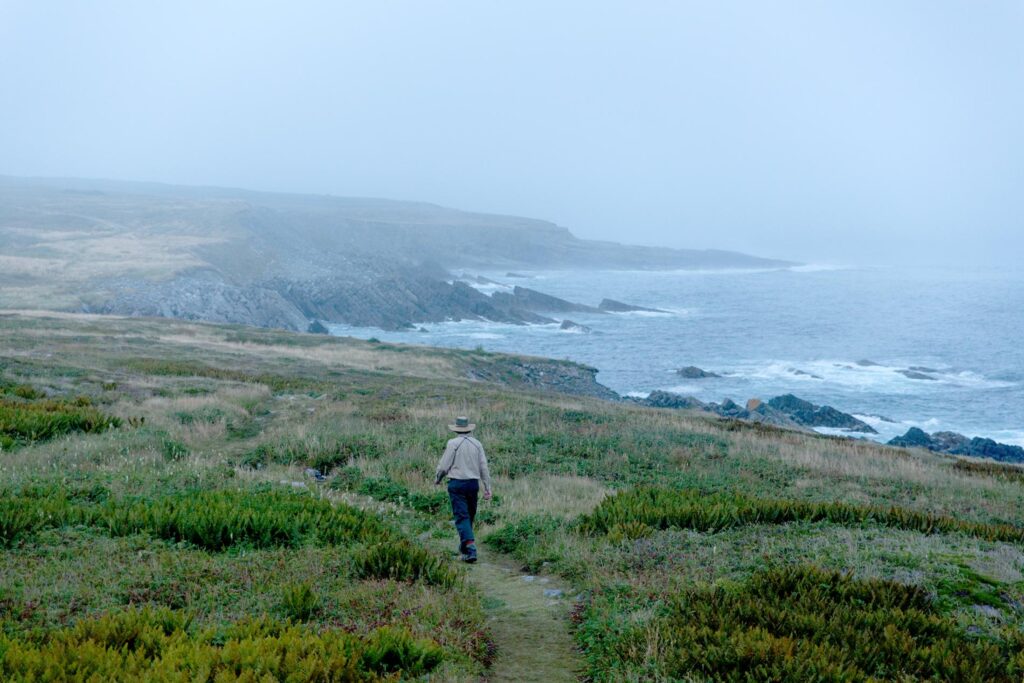
7. Because it is so close to the ocean, it is also an ideal spot for hunting saltwater ducks.
8. Its landscape is ideal for camping, cabins, fishing, and pretty much all outdoor activities imaginable.
9. Point May is actually separated in two by a river which is crossed by a bridge.
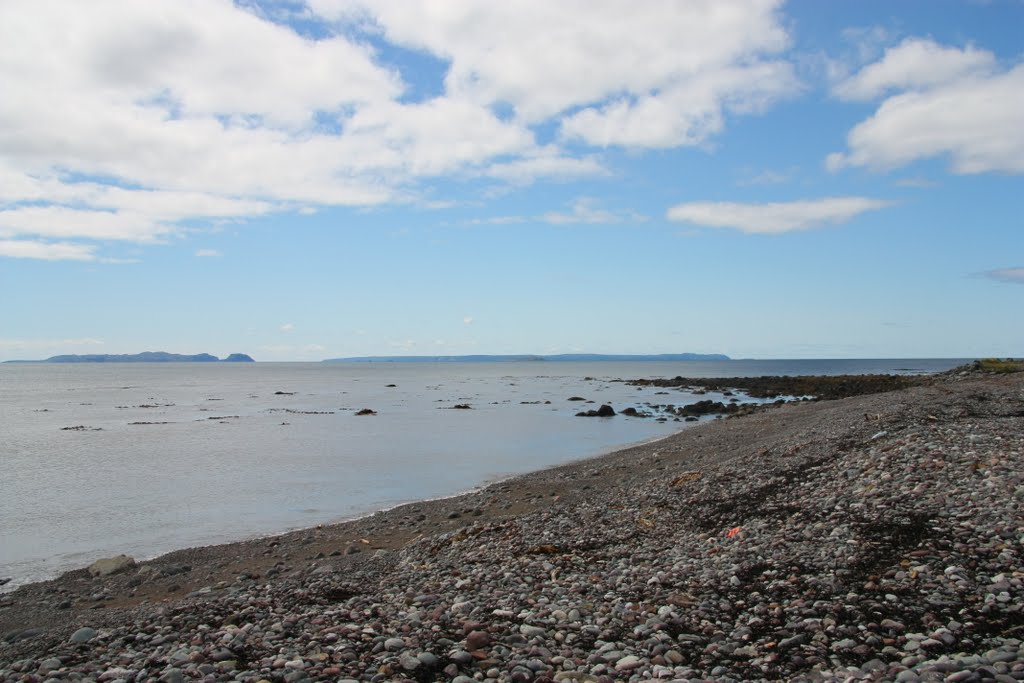
10. Each area of town has its own sub-name such as Micks Cove, Lories, and Mossy Hill.
11. Point May and its people are known for their “times”. During holidays (mainly Christmas) the town is one big party with much song and dance and “alky” (liquor smuggled from St. Pierre).
12. People of all ages gather at the Town Hall to celebrate whatever occasion.
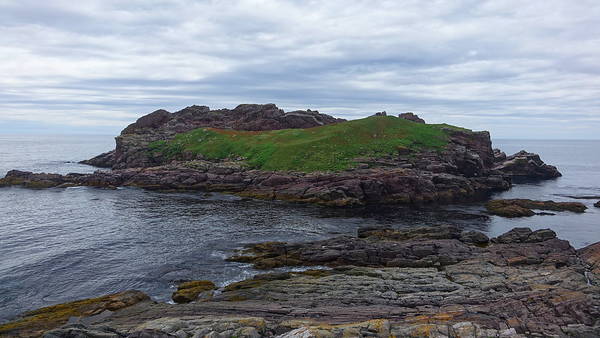
13. Sports are also very popular. The softball team “the Point May Tappers” traveled throughout Canada to participate in national tournaments.
14. Hockey (both road and ice) is also very popular and kids can be seen playing nearly everyday of the year.
15. As time goes on, many rural communities in Newfoundland are being lost as people are leaving their homes to find work elsewhere.
16. The fear is that this traditional way of life will be lost and rural communities such as Point May will be lost.

